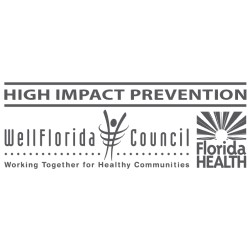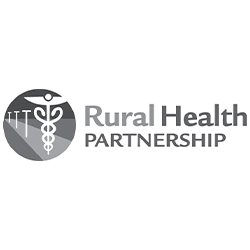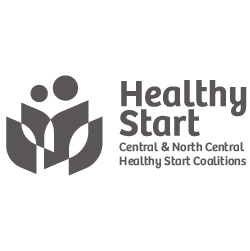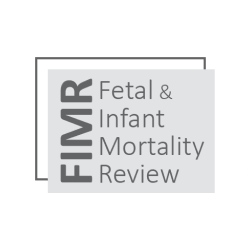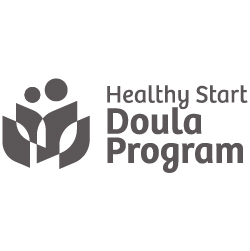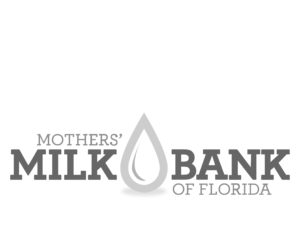Editorial: A healthier start
The Gainesville Sun
Based on its grade of D on the recent March of Dimes Premature Birth Report Card, Florida needs to do more to avoid the health and societal risks linked to preterm births.
Florida received the grade based on its rate of 13.6 percent preterm births among all births statewide in 2013. The rate was 11.8 percent in Alachua County.
Babies born before the 37th week of pregnancy are considered preterm.
The U.S. rate is far above the rates of other industrialized countries. The nation as a whole had a preterm rate of 11.4 percent in 2013, earning a grade of C.
The grades are based on the March of Dimes’ goal of reaching a national preterm rate of 9.6 percent by 2020.
Those numbers are critical, because premature birth can have wide-ranging and lifelong effects on a child’s health and ability to learn. Those effects, in turn, can have long-term impacts on society.
Preterm births usually result in low birth weights for infants, which can lead to learning disabilities, respiratory problems and increased risk of diabetes and heart disease, according to the March of Dimes.
Florida has not ignored the risks associated with premature births. The state started the Healthy Start program in 1991, and since then Healthy Start Coalitions have been established throughout Florida to help prevent preterm births and other complications of pregnancy.
These nonprofit organizations, which include the Healthy Start of North Central Florida Coalition, offer free health screenings and educational services for pregnant women and new mothers.
Based on its grade of D on the recent March of Dimes Premature Birth Report Card, Florida needs to do more to avoid the health and societal risks linked to preterm births.
Florida received the grade based on its rate of 13.6 percent preterm births among all births statewide in 2013. The rate was 11.8 percent in Alachua County.
Babies born before the 37th week of pregnancy are considered preterm.
The U.S. rate is far above the rates of other industrialized countries. The nation as a whole had a preterm rate of 11.4 percent in 2013, earning a grade of C.
The grades are based on the March of Dimes’ goal of reaching a national preterm rate of 9.6 percent by 2020.
Those numbers are critical, because premature birth can have wide-ranging and lifelong effects on a child’s health and ability to learn. Those effects, in turn, can have long-term impacts on society.
Preterm births usually result in low birth weights for infants, which can lead to learning disabilities, respiratory problems and increased risk of diabetes and heart disease, according to the March of Dimes.
Florida has not ignored the risks associated with premature births. The state started the Healthy Start program in 1991, and since then Healthy Start Coalitions have been established throughout Florida to help prevent preterm births and other complications of pregnancy.
These nonprofit organizations, which include the Healthy Start of North Central Florida Coalition, offer free health screenings and educational services for pregnant women and new mothers.
But Healthy Start doesn’t provide prenatal care, an essential component of a healthy pregnancy. That care can only be provided through insurance.
Medicaid in Florida covers pregnant women with a family income up to 185 percent of the federal poverty level. But by the time an expectant mother navigates the state and federal health systems to gain access to that care, she may be in her second or third trimester.
That level of prenatal care is where Medicaid expansion should come in. Unfortunately, Florida is one of 24 states that have failed to expand Medicaid eligibility as recommended under the federal Affordable Care Act.
Gov. Rick Scott and the Legislature need to place some form of Medicaid expansion high on their agendas next session.
Meanwhile, expectant mothers can help themselves by, among other steps, taking advantage of Healthy Start programs and by not smoking. Smoking during pregnancy constricts blood vessels, which reduces the flow of oxygen and nutrients to the fetus.
As both a health and a societal need, reducing the rate of preterm births requires a personal and public response. As its D grade indicates, Florida must do better.

